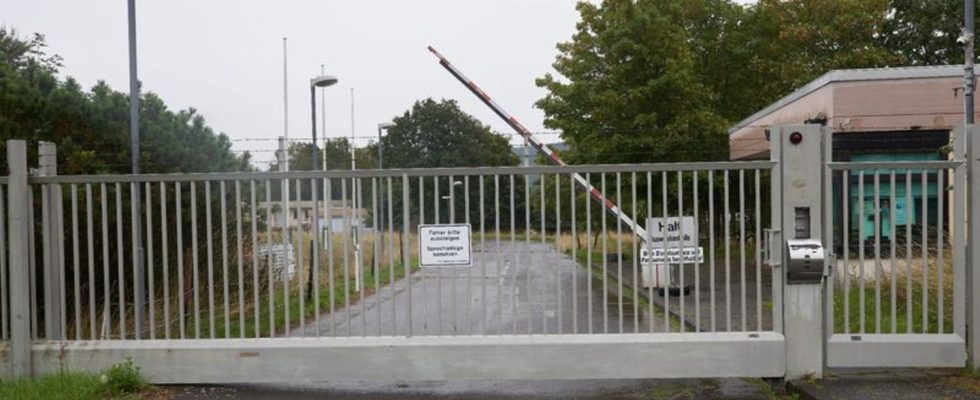Cybercrime
BGH ruling on Traben-Trarbach cyber bunker gang expected
View of the site of a former Bundeswehr bunker in Traben-Trarbach, which became known as the cyber bunker. photo
© Thomas Frey/dpa
An underground bunker on the Moselle full of IT technology that criminals used to conduct their business. This resulted in prison sentences for eight people. Now the BGH is deciding on this.
Around four years after the first German darknet center was dug up in a former NATO bunker in Rhineland-Palatinate, he wants to Federal Court of Justice (BGH) announce its decision. The Karlsruhe judges are expected to announce today (10:30 a.m.) whether the Trier regional court’s ruling stands.
In one of the country’s largest cybercrime trials in 2021, eight people responsible were sentenced to prison sentences ranging from one year suspended to five years and nine months for membership in a criminal organization. For the first time, operators of criminal platforms on the Darknet were brought to justice in Germany.
How involved were the defendants?
All defendants and the public prosecutor appealed. At the oral hearing at the Federal Court of Justice at the end of August, the arguments became clear: From the perspective of the prosecution, the accused were also guilty of aiding and abetting the more than 249,000 crimes committed by their customers. The district court did not see it that way and acquitted the eight on this point.
The four Dutchmen, three Germans and one Bulgarian, now aged 24 to 63, are of the opinion that, according to their interpretation of German and EU law, as web hosts they were not responsible for the content of the servers they operated and are acquitted should.
The lawyers for the sons of the main perpetrator, for example, said that it was more about family help for the father than about criminal intentions. The defense attorney for another convict said that it was not a criminal organization, but a normal employee relationship: his client carried out instructions.
Cyber bunker with bulletproof hoster
The case surrounding the Traben-Trarbach cyber bunker caused a stir when hundreds of police officers excavated the highly secured computing and data processing center in a former NATO bunker in autumn 2019. They secured 886 physical and virtual servers with two million gigabytes of data; it was a so-called bulletproof hoster.
Under the company name Cyberbunker, the operators advertised that the data center was safe from access by the police. For 2000 euros per year you could rent a website anonymously and without a contract, preferably paid in an untraceable way in the cryptocurrency Bitcoin.
Everything was included except terrorism and child pornography. Drug deals worth millions of euros, data theft, computer attacks and counterfeit money transactions were carried out. In the event of reports of abuse, a “stealth service” was offered to disguise computer addresses. Many complaints were largely ignored.
According to the Koblenz Public Prosecutor’s Office, the ringleader was a Dutchman who bought the old Bundeswehr bunker in 2013 for 450,000 euros. Over time the bond grew. There was a hierarchy and fixed roles for everyone. For example, a German woman worked as an accountant and the man’s two sons worked as administrators for customer orders and IT.

